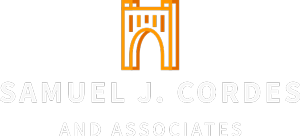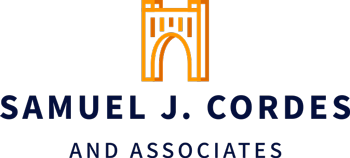REACH OUT NOW
Workers Deserve To Be Paid For The Hours They Work
The Fair Labor Standards Act requires that “nonexempt” employees be paid time and a half their regular rate for working more than 40 hours a week. Jobs that can be exempt from the overtime requirements include managers who actually perform managerial duties, administrators, learned professionals and people holding similar positions. Just because you are paid a salary, does not mean your job is exempt from the requirement that overtime be paid time and a half. Exemptions are fairly technical, and legal advice is important. Do not make your own decision on whether you are covered by an exemption. If you believe your employer has violated the Fair Labor Standards Act, contact a skilled wage, hour and overtime claims lawyer at Samuel J. Cordes.
What Does An Hours Violation Look Like?
Cheating can happen by requiring you to perform some significant work – or just wait around – before you clock in, or after you clock out. The law permits some – but not all – unpaid “preliminary” and “postliminary” work, so the facts of each situation are very important.
Sometimes the company simply clocks everyone out for lunch and clocks them in again a half-hour or an hour later without taking into account whether the employees were working. Cheating can happen by giving you so much work to do that you routinely have to work through your paid rest breaks. Cheating can happen when managers go into time records and falsify the reported time.
Failure To Pay Overtime
Employers can and have used a variety of tricks to avoid paying their employees the overtime pay they deserve. They will misclassify employees as contractors and imply that every salaried position means you are not entitled to overtime. Those actions put you at a disadvantage.
Such employers will continue to get away with this until an employee decides not to put up with it anymore, and takes action. Cheating also occurs when an employer shifts overtime hours in a two-week pay period to the week in which the employee worked less than 40 hours. This kind of case can often be resolved quickly.
Is Your Employer Cheating On Your Benefits?
Cheating on benefits can be covered by the Employee Retirement Income Security Act (ERISA). ERISA rights can be quite valuable, and should never be ignored. One form of cheating on benefits involves the failure to make required contributions to a retirement or another benefit plan. An employer who is supposed to contribute a certain percentage of payroll to an ERISA plan violates ERISA as well as the wage and hour laws if it cheats on employee compensation. Another form of cheating on benefits involves the failure to pay the required benefits.
Schedule An Appointment With One Of Our Employment Law Attorneys
Our attorneys are highly knowledgeable about wage, hour and overtime law as outlined in FLSA and applicable case law. We use our knowledge to help employees achieve workplace fairness. Contact the skilled wage, hour and overtime claims lawyers at Samuel J. Cordes by calling 412-519-4663.
CONTACT AN EMPLOYMENT LAW ATTORNEY YOU CAN RELY ON
Call 412-519-4663 or use our online form to learn more about Samuel J. Cordes, and find out what we can do to protect your rights.
All Rights Reserved | Samuel J. Cordes.

